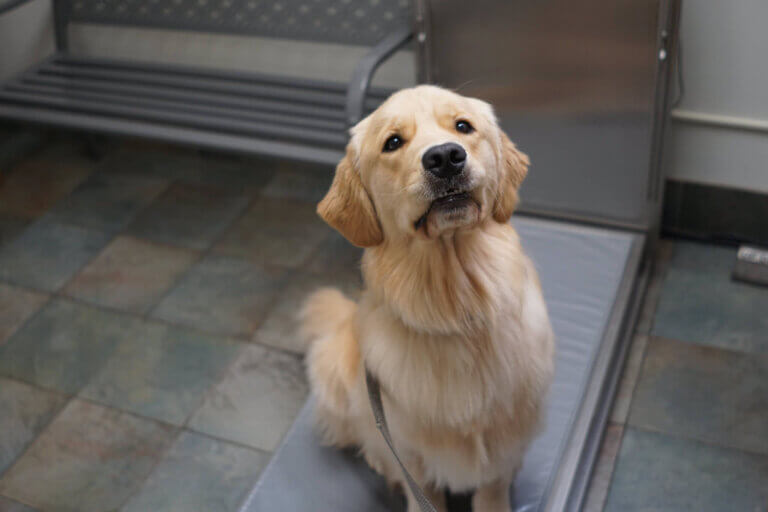Your pets are much more than just animals—they’re part of your family. As devoted family members, they deserve a life free from undue stress and worry. Today, we’re going to discuss pet anxiety: what it looks like, its triggers, and how we can help our furry friends manage their anxiety.
How to Recognize Pet Anxiety
Unlike us, pets can’t say what they’re feeling. Their anxiety often manifests through behavioral changes. A dog may exhibit excessive barking, chewing, or pacing, while a cat may hide, over-groom, or even become more aggressive. Understanding these signs is the first step in helping your pet.
Several factors can trigger anxiety in pets, such as loud noises, being alone, or changes in their environment. Certain experiences can also leave lasting impacts, causing trauma-induced anxiety.
How to Handle Pet Anxiety
Some of the strategies you can implement to help your pet feel less anxious include:
- Behavioral techniques: Many pet trainers are experienced in dealing with pet anxiety, and they can help you find some strategies to effectively help your pet manage their nerves. This may include desensitization techniques or conditioning.
- Routines: Pets often feel anxious when they don’t have set routines in place. If you’re noticing that you feed your pet at different times each day, or only take them for walks sporadically, it may help to establish a consistent routine so they know exactly what to expect everyday.
- Medication: Some pets benefit greatly from anxiety medications. If none of your non-medicinal strategies are working, your veterinarian can write your pet a prescription for an anxiety medication that should help relieve their symptoms.
Contact Your Veterinarian Today!
Your veterinarian can help with more than just your pets physical health–they are also here to make sure your pet is as happy as they can possibly be. If you’re noticing that your cat or dog is struggling with anxiety, don’t hesitate to contact your veterinarian for professional advice.
